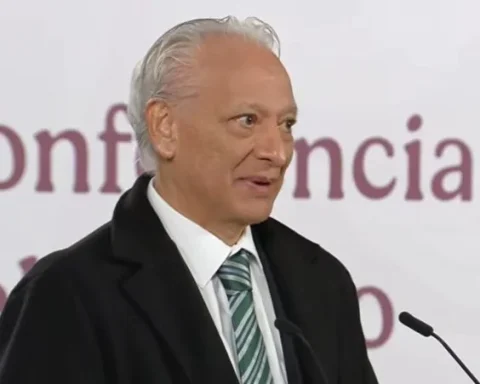As a result of the economic blow caused by the pandemic, some people found themselves in need of starting a business to earn more income monthly. According to the online survey “Entrepreneurs in time of inflation 2022″, carried out by Ipsos, 54% of connected Peruvian entrepreneurs have started their own business. While some have started selling products online (23%), others have preferred physical sales of products (23%), manufacturing/creating something (17%), physical sales of services (14%) and online sales of services (6 %). In addition, there is 36% who are seriously considering starting a business.
However, in addition to the challenges of the venture itself, there was high inflation that is currently trending downward. According to the National Institute of Statistics and Informatics (INEI), national inflation, measured by the variation of the Consumer Price Index (CPI), reached 8.65% in October, showing a slowdown. In addition, the consulting firm Macroconsult forecasts that inflation would return to the target range in the second half of 2023.
“Inflation and the rise in the exchange rate cause expenses in companies exposed to the dollar (in terms of costs) to increase, which can cause an imbalance in cash, putting business continuity at risk. It is important to have strategies to overcome these situations”, explains Daniel Lira, Country Manager of Cumplo in Peru.
LOOK: Economy in Peru: Inflation recedes slower than expected
Therefore, with the purpose of overcoming these moments of inflation and variable exchange rate, the Cumplo specialist offers five tips to SME entrepreneurs to protect themselves from the impact of this monetary phenomenon.
- Prices in a foreign currency. Some products and services are usually covered by offering the price in hard currency, such as the dollar. In case of choosing this option, it is important to record the price with its equivalent in national currency, as well as indicate the accepted exchange rate.
- Contract with variation due to inflation. A contractual coverage scheme can be considered. It is about indexing the sale price of your product or service for inflation. At this point, it will depend on the agreement reached by both parties.
- Contracts in local currency. It is valid to look for long-term contracts in local currency, because over time and with the increase in inflation, the product will end up costing less in real terms.
The dollar exchange rate dawns on average between 3.965 soles for the purchase and 3.98 soles for the sale after the proclamation of Pedro Castillo as President of the Republic.
- Indebtedness. If your income is in soles, only take out debt in soles, and in addition, you should look for a fixed-rate loan so that, in the event of an increase in inflation, the cost will be lower over time.
- Products for all pockets. Be sure to offer versions of products or services in different categories so that the public can choose between the premium and the basic, according to their economic possibilities.
If you are thinking of starting a business or are an SME entrepreneur, do not hesitate to take these recommendations into account so that your business can successfully mitigate the consequences of inflation and exchange rate fluctuations.
RECOMMENDED VIDEOS
:quality(75)/cdn.jwplayer.com/v2/media/w1pqRTfa/poster.jpg)
















